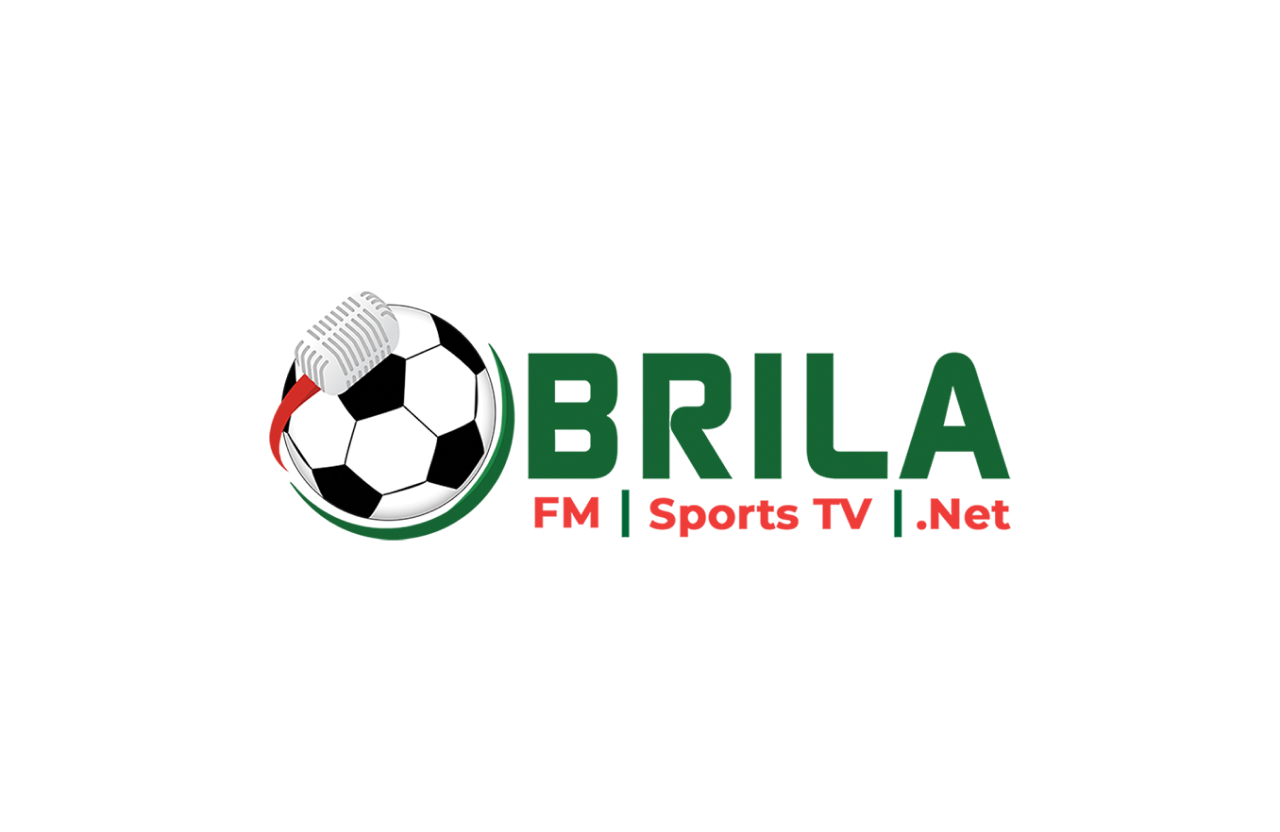It was certainly fascinating to see how packed the hall in the National Stadium Abuja was during the stakeholders’ meeting to discuss the guidelines for the upcoming elections into the boards of the various sporting federations.
Truly, if the resolve to develop and invest in actual sports development was an iota as strong as the resolve to be on the board of federations, it would be more than enough to rejuvenate our sports industry.
Human behavior scientists would have had a field day observing the reactions in the hall as the bold election guidelines were read out. There were no mild emotions amongst participants. It was disbelieving shock and gloominess for one side against cries of joy and gleeful excitement for the other side.
In a nut shell, positions on the board were increased from eleven to thirteen, who represent the following constituencies – international, six geo-political zones, athletes, women-in-sports, sponsors/philanthropists, NAHPER, institutions and technical bodies.
All positions are to be vied for via proper elections, a departure from past elections where government nominees were appointed to some positions.
Without mincing words, section 3.2 of the new guidelines with its two bombshell clauses is the primary bone of discontent or contentment, depending on the viewer.
The first clause forbids current presidents and vice presidents of international federations to vie for the position of president of the national federation.
The second clause imposes an upper limit of two terms on any serving federation president.
Protagonists of this section insist that the guidelines would bring an end to autocratic rule across sports federations as they blame the lack of tangible local and national sports development on the unwavering grip of unproductive long-term rule.
They further argue that the situation is a peculiar one that required unconventional intervention.
Antagonists of this section insists that the guidelines, which seemingly targets specific individuals, “throws away the baby with the bath water” as it harms Nigeria’s international standing across various sports in the long run.
My opinion is that, while I admire the goodwill, commendable intention, courage and need for change that gave birth to section 3.2, we must be careful not to set precedents without ruthless thought to its long-term consequences.
Recently, using existing CAF election guidelines, NFF’s Amaju Pinnick famously co-spearheaded the removal of former CAF’s sit-tight President, Issa Hayatou by tirelessly and effectively campaigning for the needed votes.
He went a step further to win a seat for Nigeria at the powerful CAF table. Despite the obvious challenges, this perhaps presents a more conventionally acceptable way to remove sit-tight individuals.
Yet another consequence of section 3.2 might be that the various affected national sporting federations could end up having disillusioned Nigerians with bruised egos holding powerful positions on the various international sporting federations.
I doubt that the various presidents to be elected, who might be neophytes, would have the clout to withstand the internal sabotage that could take place.
This would unquestionably put Nigeria sports in reverse.
With the Nigeria Olympic Committee [IOC] officially releasing a statement denouncing the federations election guidelines and warning that it runs contrary to the constitutions of many international sporting federations, there is definitely a brewing showdown between the NOC and the Federal Ministry of Youths and Sports [FMOYS].
Having taken a bold and courageous stand, the FMOYS would not want to lose face by doing a U-turn as it prided itself on having organized the first ever national stakeholders’ meeting where decisions were carried out “democratically”.
However, things could get very embarrassing if the NOC signals to the International Olympic Committee [IOC] that elections were not conducted properly in accordance with international practice, an eventuality that would embarrass our nation.
More discordance amongst the sporting leadership that takes us backwards is certainly the last thing that sports in Nigeria needs right now, It would surely send us from the “state of coma” we are presently in to a “lying-in-state” that puts a full stop on sports development.
At the end of it all, what will be great is to see all stakeholders transfer their passion and resolve to get on the board into real investment in sporting programs [national and international] for our future and current athletes.
On another note. While headlines were on the upcoming elections, Nigeria’s Tosin Esther Oribamise qualified for the 2018 Youth Olympic Games (YOG) holding in Argentina.
Shamefully, Nigeria again showcased her utter disregard for investing in young sporting talents when we refused to support a full youth team to the event.
Ironically, we would lift our hands in solidarity with the gold medal that was won as we try to reap where we did not sow.
Perhaps, if a full team was taken, there would have been more Nigeria Table Tennis representatives at the next Youth Olympic Games.
Another wasted opportunity! Sad!




